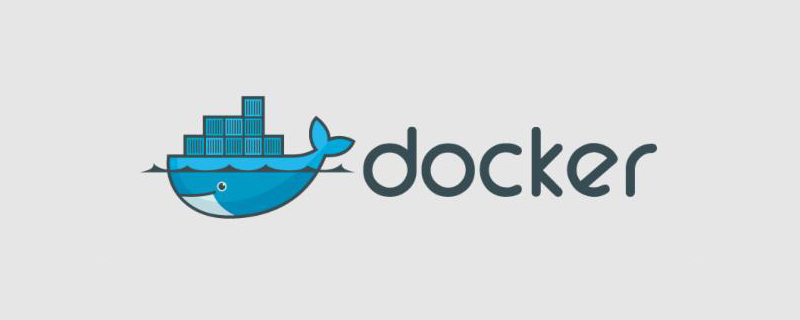Home >Operation and Maintenance >Docker >Why do you need to use docker
Why do you need to use docker
- angryTomOriginal
- 2020-03-21 16:58:493813browse

Why do you need to use docker
Because the current software industry has the following pain points:
1. Software update release and deployment are inefficient, the process is cumbersome and requires manual intervention
2. Environment consistency is difficult to ensure
3. The cost of migration between different environments is too high
Using Docker can solve the above problems to a great extent:
● First of all, the use of Docker is extremely simple. From a development perspective, it is a three-step process: build, transport, and run.
The key step is the construction link, that is, packaging the image file. But from the perspective of testing and operation and maintenance, there are only two steps: copy and run.
With this image, you can copy it and run it wherever you want, and it has nothing to do with the platform. At the same time, Docker, a container technology that isolates an independent running space, will not compete with other applications for system resources, and there is no need to consider the interaction between applications, which makes me happy just thinking about it.
● Secondly, because all dependencies of the service program on the system are processed when building the image, you can ignore the dependencies of the original program and the development language when you use it. For testing and operation and maintenance, focus more on your own business content.
● Finally, Docker provides a development environment management method for developers, ensures environment synchronization for testers, and provides a portable and standardized deployment process for operation and maintenance personnel.
The above is the detailed content of Why do you need to use docker. For more information, please follow other related articles on the PHP Chinese website!

